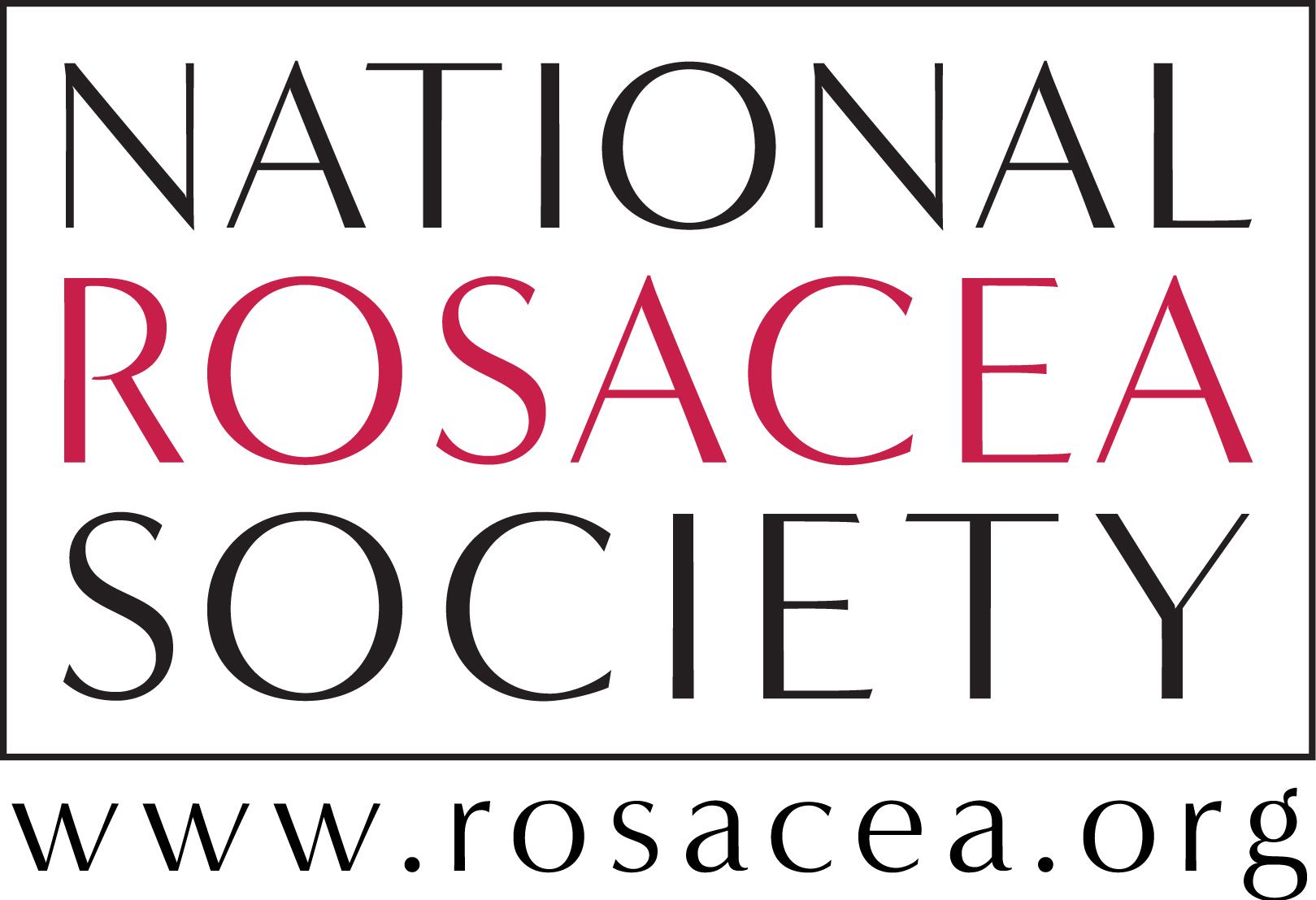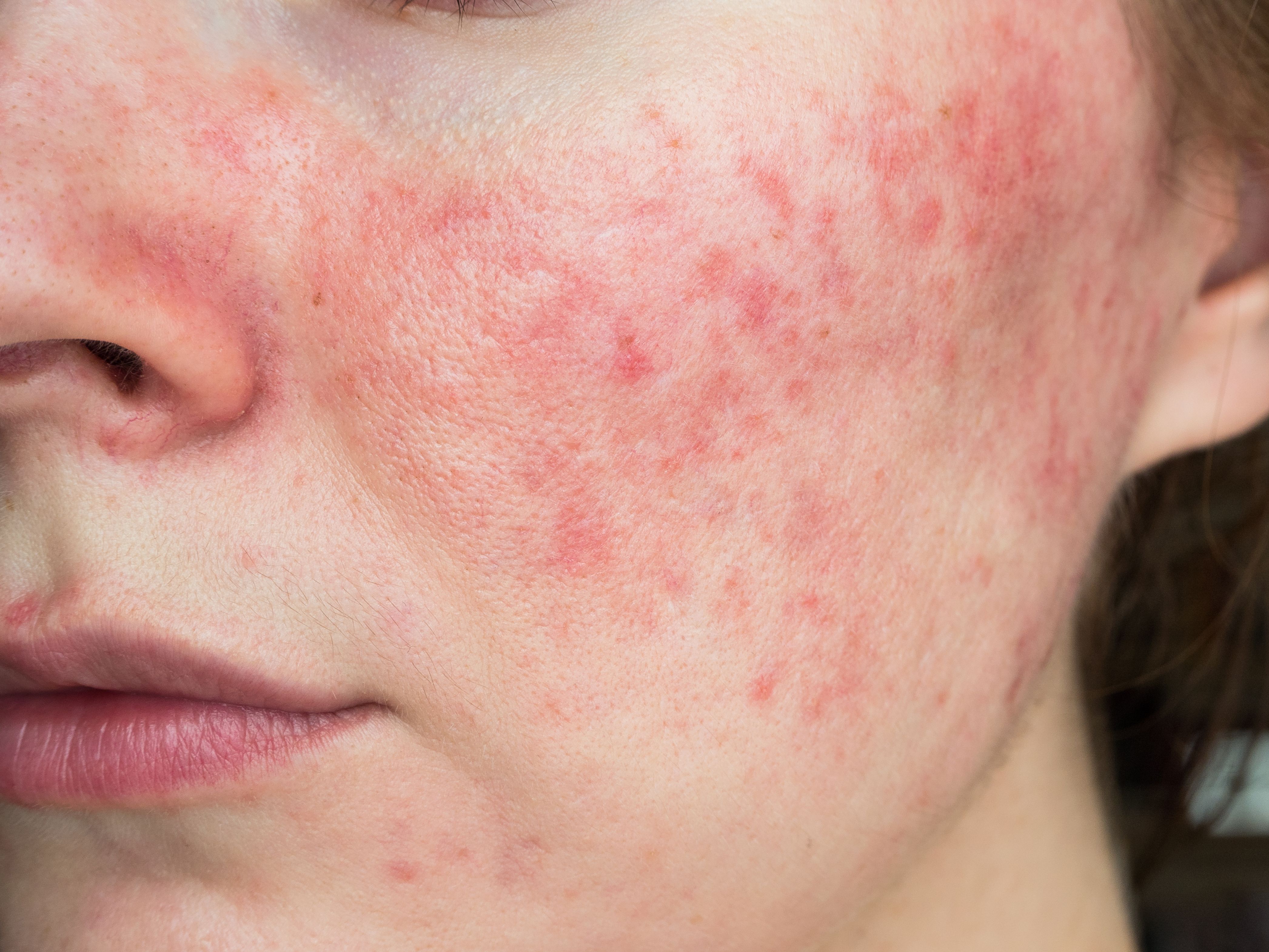- Case-Based Roundtable
- General Dermatology
- Eczema
- Chronic Hand Eczema
- Alopecia
- Aesthetics
- Vitiligo
- COVID-19
- Actinic Keratosis
- Precision Medicine and Biologics
- Rare Disease
- Wound Care
- Rosacea
- Psoriasis
- Psoriatic Arthritis
- Atopic Dermatitis
- Melasma
- NP and PA
- Skin Cancer
- Hidradenitis Suppurativa
- Drug Watch
- Pigmentary Disorders
- Acne
- Pediatric Dermatology
- Practice Management
- Prurigo Nodularis
- Buy-and-Bill
Press Release
Article
National Rosacea Society Awards 2023 Grants for Research
Author(s):
Grants allow investigators to uncover the potential causes and key aspects of rosacea to pave the way for improved treatment, prevention, and possibly a cure.
The National Rosacea Society (NRS) continues its commitment to advancing the understanding and treatment of rosacea by awarding funding for 1 new study and providing ongoing support for 2 existing projects. These grants are part of the NRS research grants program, aimed at uncovering the potential causes and key aspects of rosacea to pave the way for improved treatment, prevention, and possibly a cure.

“Ongoing research into the pathologic processes of rosacea has enabled ever more therapies that can combat rosacea’s signs and symptoms,” said Julie Harper, MD, president and owner of the Dermatology and Skin Care Center of Birmingham, in a press release. “This year’s study will investigate whether common skin-care practices may prevent these sophisticated treatments from reaching their intended targets.”
Matthew Draelos, MD, PhD, dermatology resident Duke University Medical Center; and John C. Murray, MD, professor of dermatology at Duke University, received $15,000 to explore the impact of 4 widely used moisturizers on the skin's compatibility with 2 different topical medications. They suspect that the chemical interactions between moisturizers and medications may lead to unpredictable treatment responses, especially given the sensitivity of rosacea-affected skin.
In parallel efforts, Samantha Herbert, MSPH, and Emanual Maverakis, MD, from the University of California-Davis are utilizing single-cell RNA sequencing to dissect the role of various cell types in rosacea and their collective interactions. This approach holds promise for developing more effective therapies for the disorder.
Furthermore, Arisa Ortiz, MD, from the University of California-San Diego, is delving into the potential effects of laser therapy on the skin microbiome and its impact on blood vessels, a common target in laser therapy. This research aims to shed light on the underlying disease process and its relationship with vascular factors.
Funded by generous donations from individuals affected by rosacea, the NRS research grants program has disbursed over $1.6 million to support 78 studies. These investigations have spanned a wide range of topics, from the inflammatory processes underlying rosacea to genetics, eye-related aspects, and more.
Researchers interested in applying for grants can access application forms and instructions through the NRS website or by contacting the National Rosacea Society directly. The deadline for proposals for next year's research grants is July 1, 2024.
Given the enigmatic nature of rosacea's origins, priority is placed on studies focusing on its pathogenesis, progression, mechanism of action, cell biology, and potential genetic factors. Proposals exploring epidemiology, predisposition, quality of life, and their interplay with environmental and lifestyle factors may also be considered.
The National Rosacea Society is the largest organization dedicated to enhancing the lives of the estimated 16 million Americans affected by this prevalent yet poorly understood disorder. Its mission is to raise awareness, disseminate public health information, and support medical research to advance the management, prevention, and potential cure of rosacea.
Reference
National Rosacea Society Awards 2023 Grants For Rosacea Research. National Rosacea Society. November 7, 2023. Accessed November 8, 2023. https://www.rosacea.org/press/2023/november/national-rosacea-society-awards-2023-grants-for-rosacea-research
Newsletter
Like what you’re reading? Subscribe to Dermatology Times for weekly updates on therapies, innovations, and real-world practice tips.






